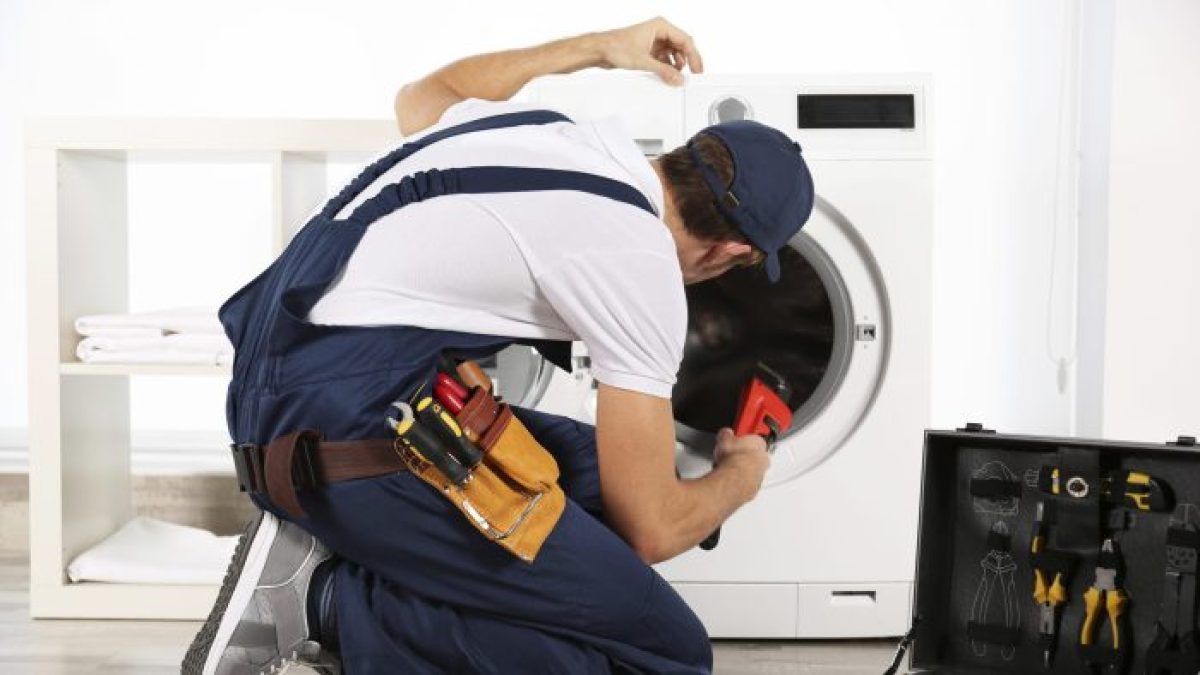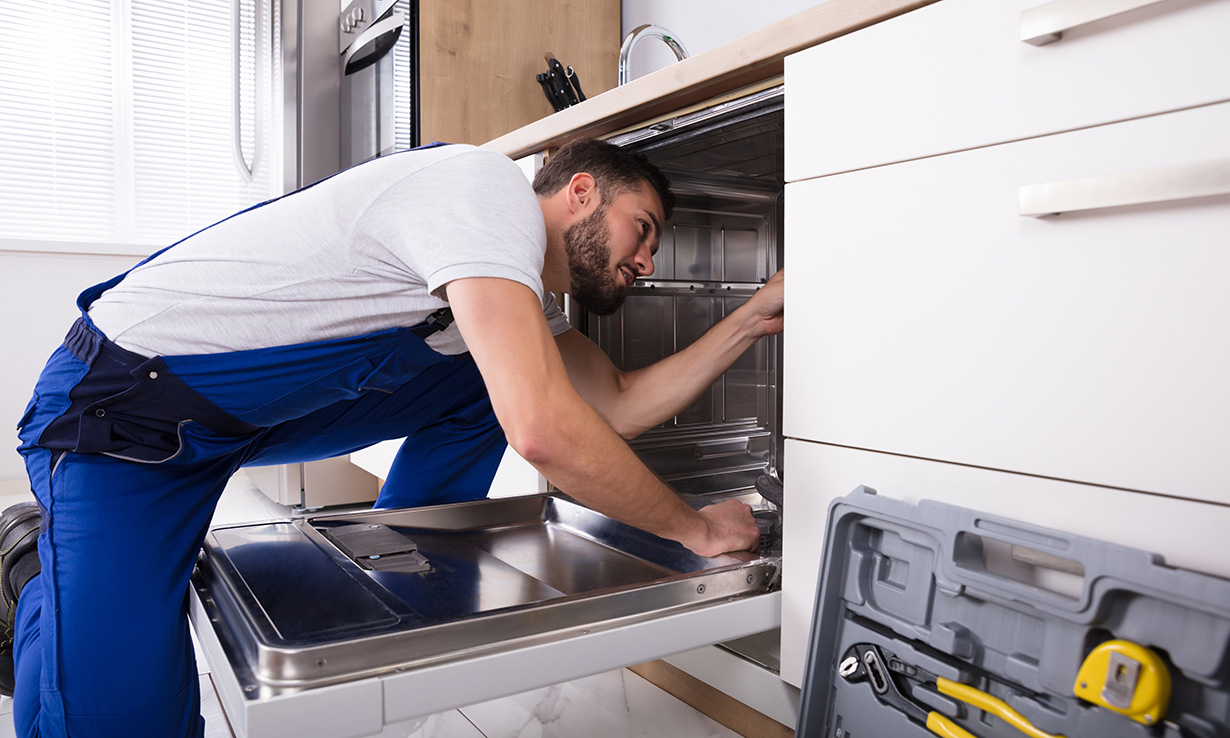Book Your Installation
Nearly everybody has got their personal way of thinking on the subject of Don’t Let an Earthquake Damage Your Plumbing.

The secret to durable appliances, unsurprisingly, appertains maintenance. There's no set regulation that can guarantee your plumbing appliances a lengthy wear, yet you can protect against unneeded damage as well as repair work by avoiding bad plumbing habits.
You need to quit doing these 6 things else you'll maintain calling your plumber over for minor faults.
Flushing everything
Yes, your commode drainpipe results in the drains, but that does not imply you should discard just anything away. Numerous 'flushable' products are actually great blockage beginners, for instance floss. Asides keeping evident non-flushable products like wires as well as plastics out of your commode, you should likewise stay clear of flushing cotton swab, menstrual products, wipes, daipers as well as prophylactics down the commode drain.
Pouring grease in the sink
We know appropriately dealing with grease after a hearty meal is a discomfort. However just putting it down the tubes can do long-lasting damage to your pipes. "The fat as well as grease can obstruct your drainpipe severely adequate to require you to call a plumber," clarifies Dawson. "Plumbing works best when it's well looked after-- not abused with grease."
Making use of too much drain cleaner
Making use of a drain cleaner more than one or two times a month is an indicator that something serious is taking place within your pipelines. Now, instead of encountering the main problem, you opt for a quick fix; a fizzy drainpipe cleaner. Rightfully, a drainpipe cleaner will deal with the clog, yet at what cost?
The chemicals in a drainpipe cleaner can quicken the deterioration of your pipes. Include that to whatever underlying trouble is causing the blockage as well as you may need to a serious trouble on your hands.
If you experience a lot of clogs, call your emergency plumber rather than making use of a drain cleaner.
Not rinsing dishes prior to filling them into the dish washer
it's called a dishwashing machine, but tossing in recipes, pots, and also frying pans covered in huge food bits can in fact cause some serious damage to the device, leading to lasting troubles down the line. "Property owners may need to obtain their dish washer repaired more often if they don't rinse their meals before filling, or at least eliminate larger food items," describes Audrey Monell, owner of Forrest Anderson Plumbing as well as Air Conditioning in Glendale, Arizona. "Food that obtains stuck on meals creates the dishwasher to function harder, which can wear down parts quicker, resulting in troubles."
DIYing every little thing
With plumbing, a stitch in time truly does conserve 9. You can protect against a fullblown plumbing emergency by calling your plumber at the right time.
You may have learnt a couple of plumbing hacks from your dad, yet you should understand where to draw the line and call a specialist. As an example, you may have the ability to deal with a clog yourself, yet you should not attempt to transform a pipe. You can inequality pipes or overtighten a screw, causing even more injury as well as damages than you thought. Calling a plumber is a risk-free and budget-friendly decision.
Not altering your dishwasher hose pipes
One easy method to ensure that you use your dishwashing machine for several years is to replace the hose pipe at least when in 5 years. This additionally requests cleaning machine hoses.
Over time, food particles, soap and also grease can form blockages within your pipes. Replacing them in a timely manner will stop any type of presure develop that can harm the internal workings of your dishwasher or washing maker.
A reinforced steel entwined pipe does a wonderful task of prolonging your maker's use time.
No winter months safety measures
Extreme weather conditions misbehave for your pipelines, particularly if they're constructed from steel. You need to protect your subjected pipes, as well as your water container, even if you have a water heater. You ought to likewise turn off your garden tube valve and also any other external water networks. These networks are electrical outlets for cool; you pipelines can start to freeze from outdoors if you do not.
How Hard Water Damages Your Plumbing and Appliances
Hard water is no stranger to most households across America. This silent invader affects 85% of homes in the United States every day, wreaking havoc on pipes, plumbing fixtures, and water-using appliances.
Should you become a victim of hard water, you must understand exactly what it is and how it affects your plumbing and appliances. This will help you determine the correct measures to put in place to fix or prevent any problems that may arise.
First off, what exactly is “hard” water?
In short, “hard water” is used to describe water that contains relatively high amounts of dissolved minerals, primarily calcium and magnesium, and a host of trace metals. When rainwater falls from the sky (usually in a pure form), it absorbs the hardness minerals from rocks and soil, which changes it from soft to hard water.
What about my plumbing and appliances?
Mineral deposits from hard water can cause buildup on tubs, shower, sinks, faucets. But that’s only a small scratch of the surface. Those minerals can gradually build up inside pipes, fixtures, water heaters, washing machines, and dishwashers. Once they accumulate in those areas, they can clog pipes and create major problems throughout your plumbing system, from reduced water flow to increased pressure on pipes and fixtures.
This limescale buildup might affect some appliances, causing them to operate less efficiently and wear down faster. And the result? Higher energy bills, more (costly) plumbing replacements and repairs, and damaged appliances.
Keep in mind that certain types of plumbing are more susceptible to clogging than others. Copper, PVC, and PEX pipes are more resistant to hard water buildup and corrosion, but they can still get clogged or completely blocked by scale deposits.
How do I know if my water is hard?
White limescale buildup on plumbing fixtures (or any of the other signs mentioned above) is usually a good sign that your water is hard. If you suspect that you have hard water, you can simply shake up a small amount of dish soap and water in a closed container. If the mixture doesn’t create a lot of suds, you probably have hard water.
The most precise method, however, is to test your water with a DIY test kit (sold online or at local home centers or hardware stores) or send a water sample from your tap to a local lab to be tested. Be sure that you understand the nature of the test, the water condition being measured, and the significance of the test results.
Another way to obtain an estimate of water hardness is to check your annual water quality report to see if your water provider has reported any instance(s) of water hardness in your water supply.
https://www.springwellwater.com/how-hard-water-damages-your-plumbing-and-appliances/

Do you really like more info about Don’t Let an Earthquake Damage Your Plumbing? Try leaving feedback below. We'd be glad to see your responses about this page. We are looking forward that you come back again in the future. Don't hesitate to take a moment to share this write-up if you appreciated it. Thanks so much for taking the time to read it.
Schedule Estimate